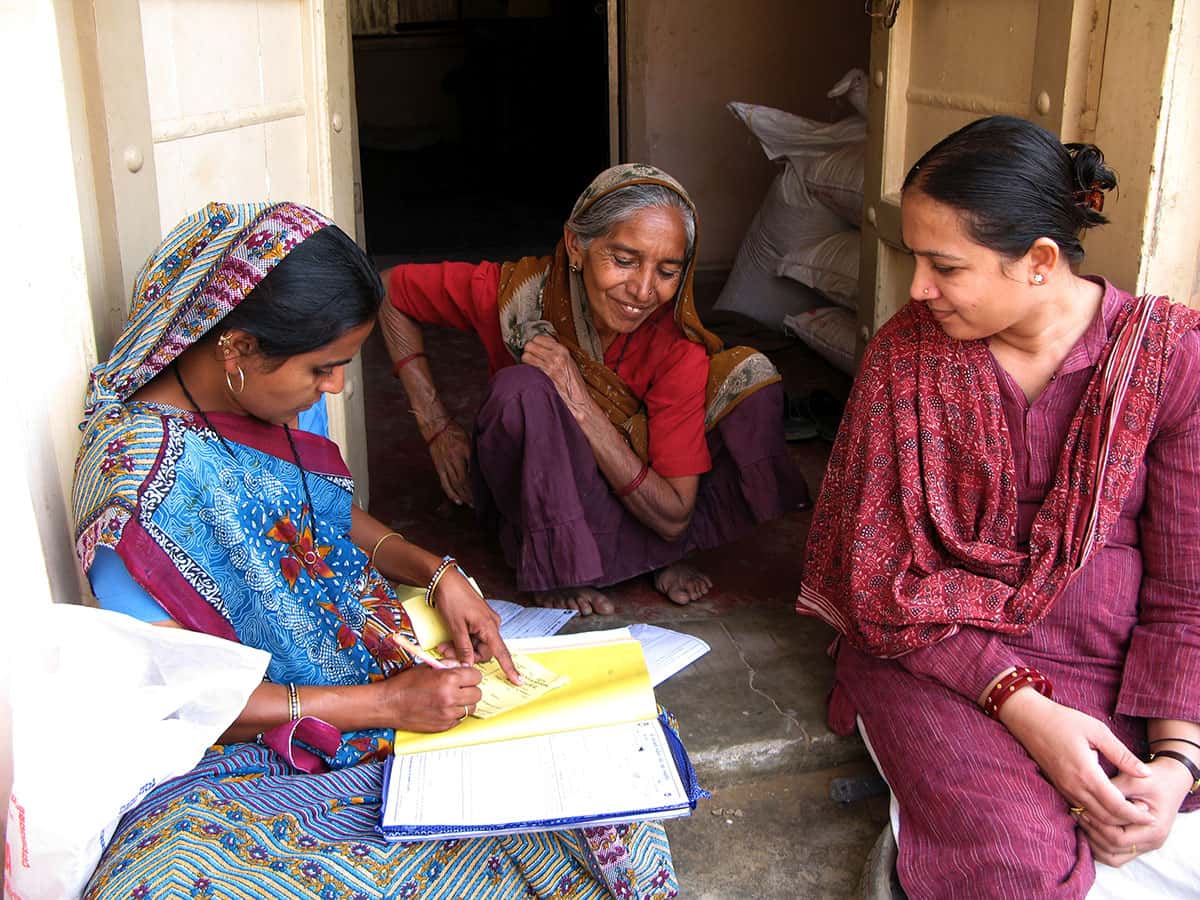Skip To Content
Back
The WIEGO Blog
The WIEGO Blog is where WIEGO specialists, partners and allies share their knowledge and perspectives to facilitate informed conversations about the informal economy.
Featured Story
How Cooperatives Improve Workers’ Economic and Productive Capacities
Read More
Featured Story
Homeworkers’ Rights at Risk with EU Directive Uncertainty
Read More
Featured Story
From Isolation to Collective Power: Legal Empowerment for Domestic Workers
Read More
Featured Story
Key Outcomes from the 2025 International Labour Conference and Why They Matter for Workers in Informal Employment
Read More
Featured Story
The Climate Tragedy of Rio Grande do Sul Revisited from the Perspective of Waste Pickers
Read More
Featured Story
A Tragédia Climática do Rio Grande do Sul Revisitada à Luz dos Catadore-as de Recicláveis
Read More
Featured Story
The Destruction of Social Protection and Inclusive Labour Policies in Argentina
Read More
Featured Story
Amid austerity and aid cuts, workers need to deepen their understanding of domestic financing of social protection
Read More
Featured Story
Street Vendors and Market Traders in 12 Countries: Key Facts
Read More
Featured Story
A Year in Street Vendor Trends, and What To Watch in 2025
Read More
WIEGO's Specialist Authors
Showing posts in Posts
Filters
Sort by
Relevance
Date
Alphabetical
Low to High
High to Low
Close filters
Filter Clear Filters
How Cooperatives Improve Workers’ Economic and Productive Capacities
Read More
June 30, 2025
Homeworkers’ Rights at Risk with EU Directive Uncertainty
Read More
From Isolation to Collective Power: Legal Empowerment for Domestic Workers
Read More
Key Outcomes from the 2025 International Labour Conference and Why They Matter for Workers in Informal Employment
Read More
The Climate Tragedy of Rio Grande do Sul Revisited from the Perspective of Waste Pickers
Read More
A Tragédia Climática do Rio Grande do Sul Revisitada à Luz dos Catadore-as de Recicláveis
Read More
The Destruction of Social Protection and Inclusive Labour Policies in Argentina
Read More
Amid austerity and aid cuts, workers need to deepen their understanding of domestic financing of social protection
Read More
Street Vendors and Market Traders in 12 Countries: Key Facts
Read More
January 31, 2025
A Year in Street Vendor Trends, and What To Watch in 2025
Read More
Subscribe to Our Newsletter Upcoming events and the latest updates straight to your inbox
